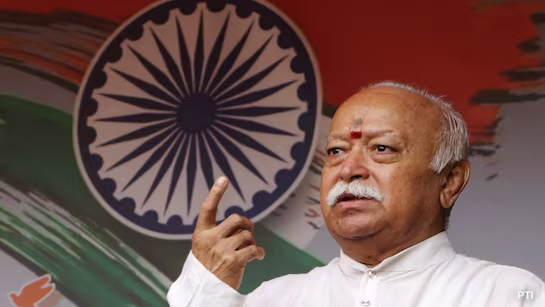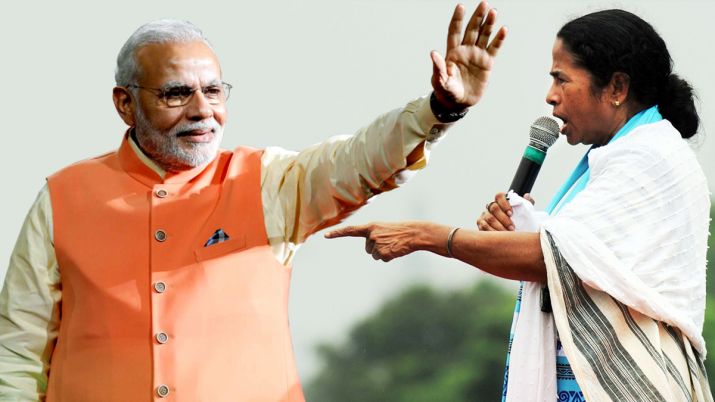New Delhi – Rashtriya Swayamsevak Sangh (RSS) Sarsanghchalak Mohan Bhagwat has stated that India’s tradition of intellectual discourse (Shastrarth) establishes truth through consensus. The Hindu Manifesto is proposed with this very objective, serving as a certified text for broad discussion and agreement. He asserted that it is India’s duty to show a new path to the world, as the experiments of theist, atheist, and materialist ideologies over the past 2000 years have been unsuccessful. While material comforts have increased, so have inequality and environmental damage.
Speaking at an event, Bhagwat emphasized that a system of life based on India’s ancient vision should be established. He mentioned that the book contains eight complete principles, but their interpretation changes according to time and circumstances. He noted that no new scripture has emerged in the last 1500 years, which has led to societal flaws like the caste system. According to Bhagwat, a correct interpretation of the Vedas is necessary today, stating that scriptures do not endorse untouchability or caste, as even the saint community of Udupi has affirmed.
“Teaching a Lesson to Assailants is Also Our Dharma,” Says Bhagwat:
Bhagwat stressed that non-violence is our nature, but teaching a lesson to aggressors is also a righteous duty. He said, “We don’t trouble our neighbors, but punishing those who create unrest is the duty of the ruler.” He further added that it is not appropriate to spare the corrupt, as Dharma necessitates keeping wealth and desires within ethical boundaries. Bhagwat emphasized that Dharma should not be limited to rituals alone; it encompasses truth, compassion, and purity.

“Hindu Society Needs to Understand Its Dharma”: Bhagwat:
Bhagwat asserted that Hindu society needs to understand its Dharma. He believes that the Hindu Manifesto will bring forth the pure tradition through intellectual discourse and establish a form that is relevant to the present time. He concluded by stating that the book is for the welfare of the world and should be widely propagated.









